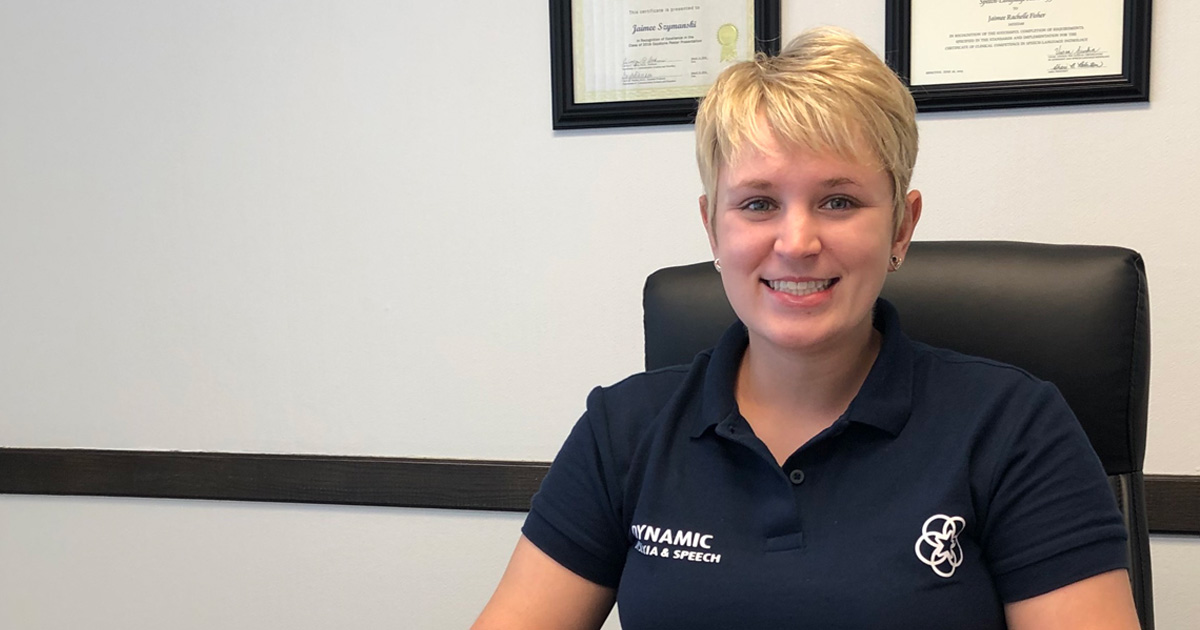“I am a speech language pathologist here in the northern panhandle of West Virginia and I specialize in dyslexia. I have a private practice where I work with both children and adults, on diagnosis and then point them in the right direction for tutoring – whether that’s with me or programs that are designed for parents to work with their kids.”
“I can’t tell you the number of parents I’ve been on the phone with, in tears because they can’t afford to help their kids. Just yesterday I had a call from a mom because she could not afford a diagnosis, or even the money to tutor her children herself.”
“Education savings accounts would make a lifechanging difference for these children.”
“When it comes to dyslexia, insurance won’t touch it. So, you have a huge gap in education attainment and access to speech therapy. I work in the schools, too, and I’ve seen what goes on behind the scenes. The case workers are overloaded with students that need crucial help, but there’s no way these students can get all the help they need – no matter how hard many of these in-school therapists work.”
“The thought that one form of education would fit everyone, that we would expect one entity to be able to handle everyone’s needs, doesn’t make sense. That’s especially true for the kids with dyslexia who need a very specific method of tutoring called the Orton-Gillingham approach.”
“From a personal standpoint, my sister has dyslexia. She was diagnosed in 2008, but there were no education savings accounts to help back then, too. My family ended up investing around $20,000 into her education, to make sure she had the correct diagnosis and the help she needed. Just so she could be able to read. We were very, very fortunate to be able to do that. I know that for a lot of families that is just not realistic.”
“Unfortunately, if a child with dyslexia does not receive help, the best they’re going to be able to read at is a third-grade level. It’s hard to even fill out the most basic job application at that point.”
“Dyslexia affects one in five people, that’s 20% of the population. If parents had access to education savings accounts, I know that it would make such a huge difference in their lives and ability to afford the crucial tutoring their kids need.”
“One of the saddest facts is that students with dyslexia are three times more likely to attempt suicide and 89% of suicide notes have dyslexic type spelling. I can’t emphasize enough how important access to a correct diagnosis and tutoring services are for these children. Educational savings accounts would literally be lifesavers.”
“Schools can’t diagnose dyslexia; they don’t diagnose anything, and I think there’s such a huge misconception around that. I can have a kid that clearly stutters, and I can’t say he stutters. I can say he has ‘tendencies of stuttering.’ So, a lot of the time, these kids go through school and nobody is ever able to pinpoint what’s actually gone wrong. The schools don’t know the exact way to help. Then, unfortunately, when the students go to college, those colleges say, ‘We don’t care you had this IEP your entire school career because there is no actual diagnosis for it.’ That means there’s seemingly no medical reason that they would need special accommodations. They don’t receive any help and then fall behind.”
“The parents are just very frustrated. The ones who can afford the help, they feel like they shouldn’t have to pay that much extra for a diagnosis and tutoring. For the ones who cannot afford it, it’s devastating. It’s awful to think that there is such a barrier now between your child being able to read or not.”
Jaimee Syzmanski
Speech Language Pathologist
Weirton, West Virginia

